Cashing a check might seem straightforward, but some checks can lead to financial trouble. Understanding which checks are not appropriate for cash contributes to both financial stability and mental peace.
Post-Dated Checks

More than 50% of Americans still use checks in their day-to-day life. However, post-dated checks can create legal complications if cashed early. Banks may process them regardless of the future date, thereby causing insufficient funds. Cashing these checks prematurely can damage relationships with the check writer. It is best to wait until the specified date to avoid potential financial and legal problems. Respecting the intended date maintains trust and prevents unintended consequences.
Blank Checks
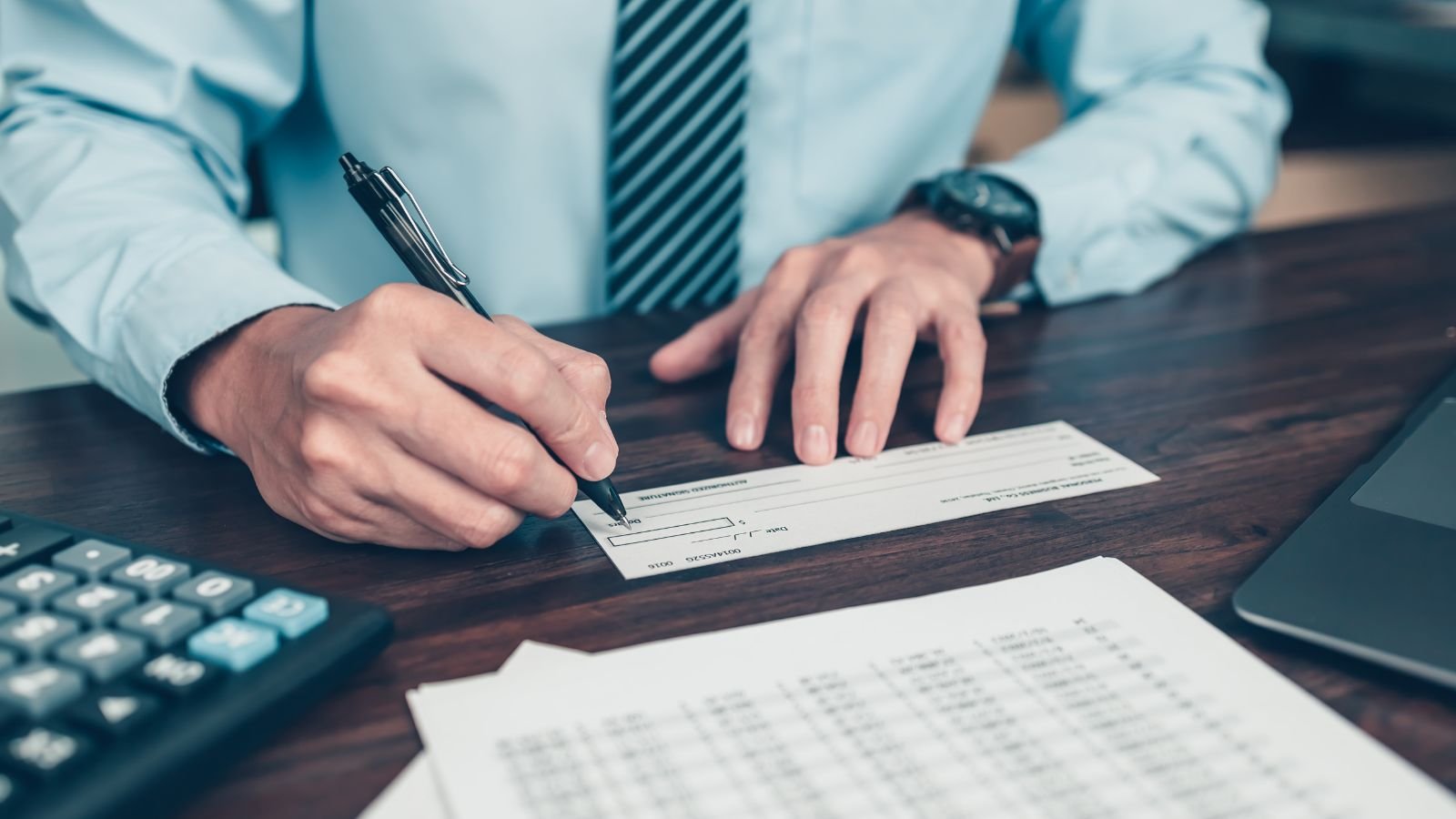
Blank checks pose significant security risks. Anyone can fill in the amount and recipient which can lead to potential fraud. These checks lack critical information for proper processing. Giving blank checks opens the door to financial exploitation and unauthorized transactions. Providing a correctly filled check as opposed to blank checks is safer.
Stale-Dated Checks
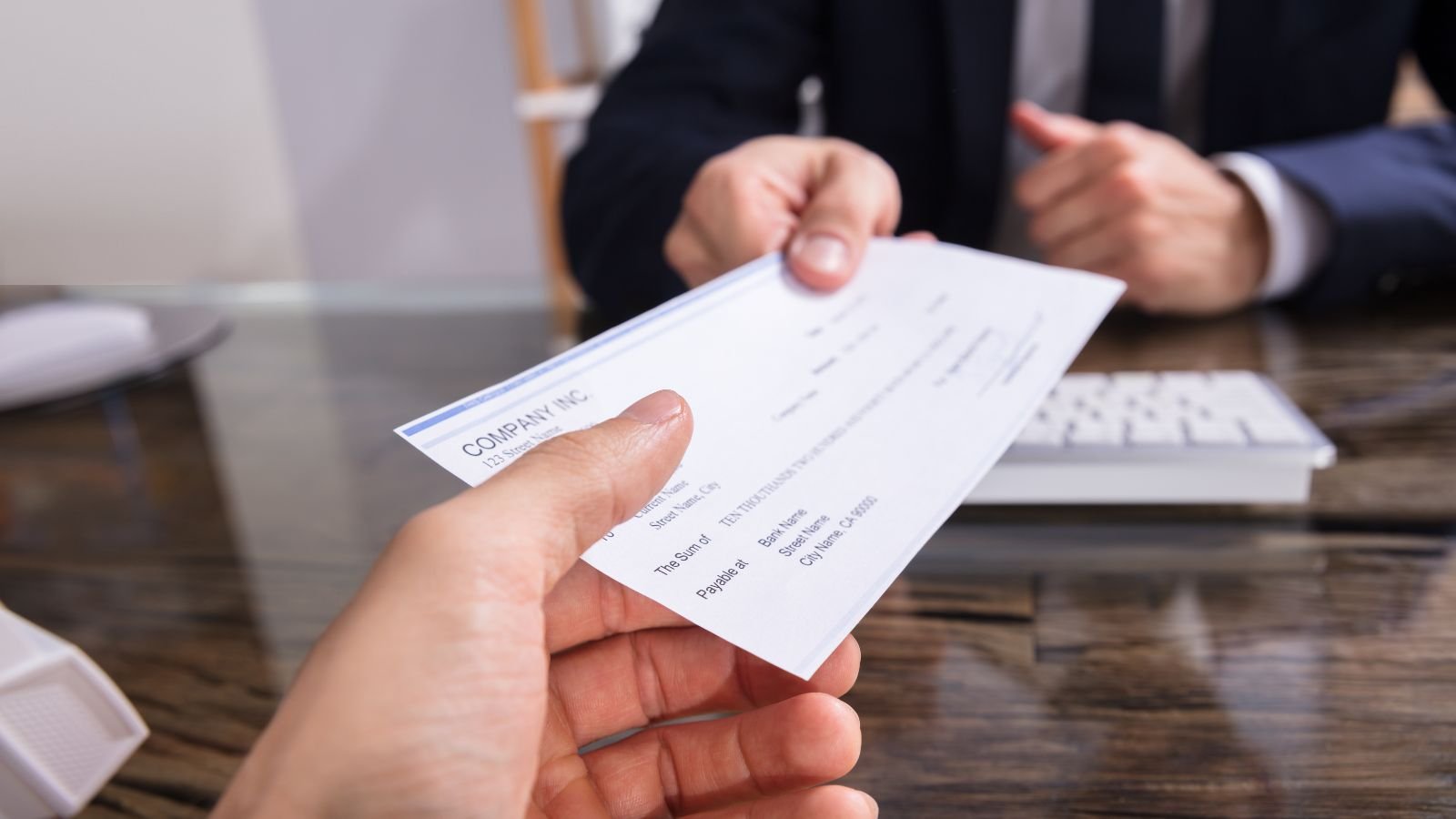
Banks typically would not honor checks older than six months or 180 days. Stale-dated checks may have been issued against closed accounts. The check writer’s financial situation could have changed, leading to insufficient funds. Attempting to cash these checks wastes time and may incur fees. It is better to contact the issuer for a replacement or alternative payment method.
Third-Party Checks

In the U.S., the rate of financial fraud is 25.9%. Among these, third-party checks carry a high risk of fraud. Banks often have strict policies against cashing these checks. Verifying the authenticity of multiple endorsements is challenging and the original payee’s intentions cannot be easily confirmed. Cashing these checks may inadvertently involve oneself in illegal activities. It is safer to request a new check issued directly to the intended recipient.
Paid in Full Checks
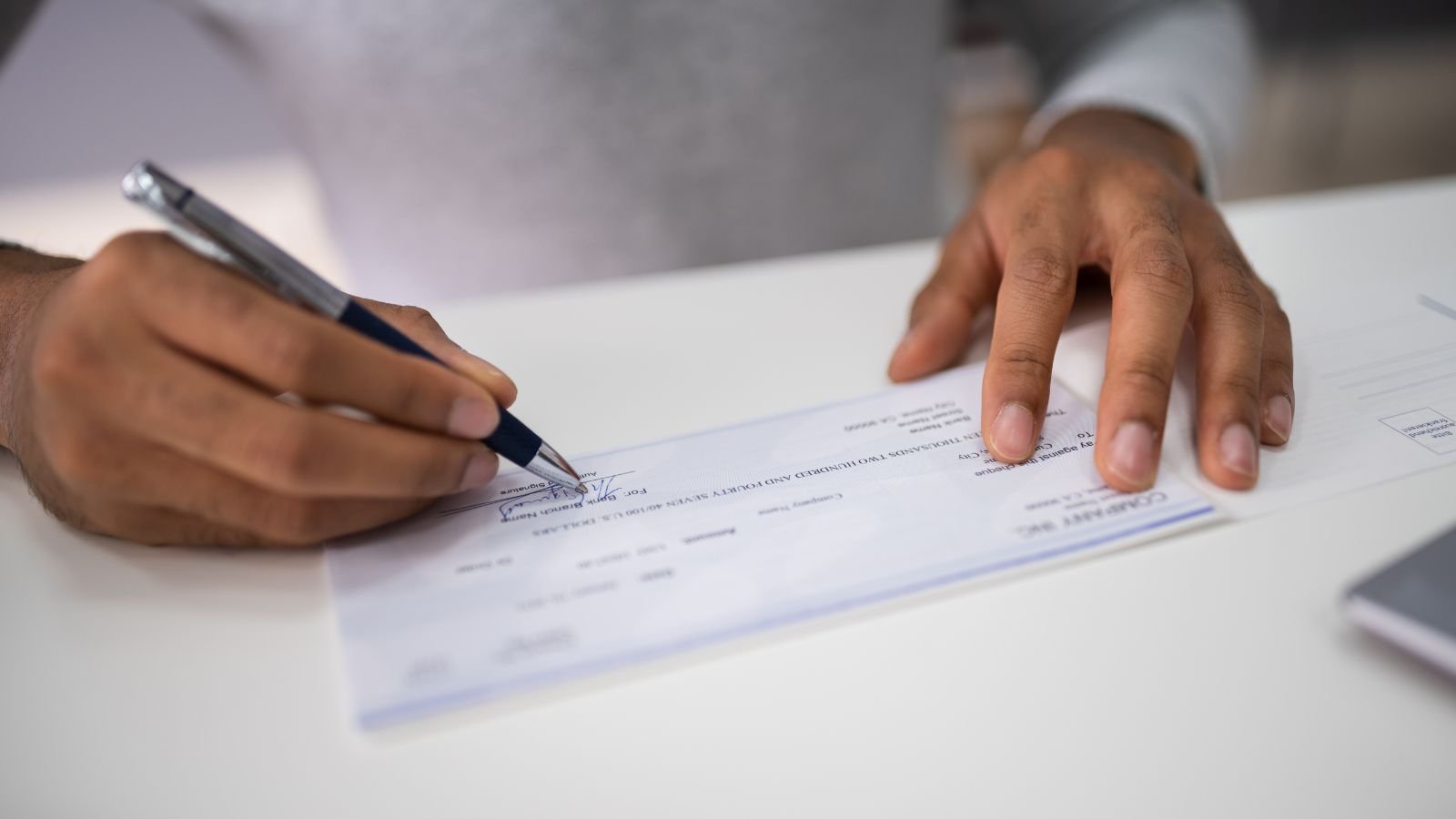
Paid in full checks signify the acceptance of a settlement when you cash this check. This can unintentionally close ongoing negotiations or disputes. It is possible that the amount would not pay for the entire debt or negotiated amount. By accepting these checks, you may be giving up your claim for more money. It is important to consult legal advice before cashing such checks to understand the implications.
Insurance Claim Checks

Insurance frauds amount to a loss of almost $308.9 billion yearly. Even if the checks are not fraudulent, they often require multiple endorsements. Cashing these checks prematurely can violate policy terms. They may be intended for specific services. Misusing these funds can lead to legal complications with the insurance company. It is crucial to understand the check’s purpose and any associated conditions before cashing. Proper handling ensures compliance with insurance agreements.
Refund Checks from Scammers

Scammers often use fake refund checks to gain trust. These checks may initially clear but later bounce. Cashing them can make victims liable for the funds. Scammers may request partial repayment which can lead to financial losses. These checks are often part of larger fraud schemes. It is best to verify the legitimacy of any unexpected refunds before cashing.
Contract Checks

Contact checks often come with specific terms and conditions. Cashing them signifies agreement to contractual obligations. These checks might be partial payments for ongoing work. Depositing them prematurely can complicate contract negotiations. It is important to fully understand the associated contract before cashing. Consulting a legal advisor ensures the protection of rights and proper fulfillment of contractual duties.
Foreign Checks

Foreign checks can be challenging and expensive to process. Most banks charge $20 to $50 and above. They may take weeks to clear and tie up your funds. Exchange rates can fluctuate which can affect the final amount received. Verification of foreign banks and accounts is difficult. It is often more efficient to request alternative payment methods for international transactions.
Suspicious Checks

Checks with unusual features or from unfamiliar sources should raise red flags. According to Suspicious Activity Reports, such check frauds have gone up by 201.2%. Unusual paper quality, missing security features, or strange printing can indicate fraud. Suspiciously large amounts or unexpected windfalls often signal scams. Cashing these checks may result in legal issues as well as monetary losses. That is why it is crucial to check authenticity before proceeding.
Employment Scam Checks

With a 118% increase in job scams, employment scam checks were used as an effective tool for financial fraud. These checks may appear genuine but are ultimately fake. Cashing them can make victims liable for the fraudulent funds. Scammers use authentic-looking company names to deceive victims. That is why it is essential to verify job offers and associated payments before taking any action.
Loan Overpayment Checks
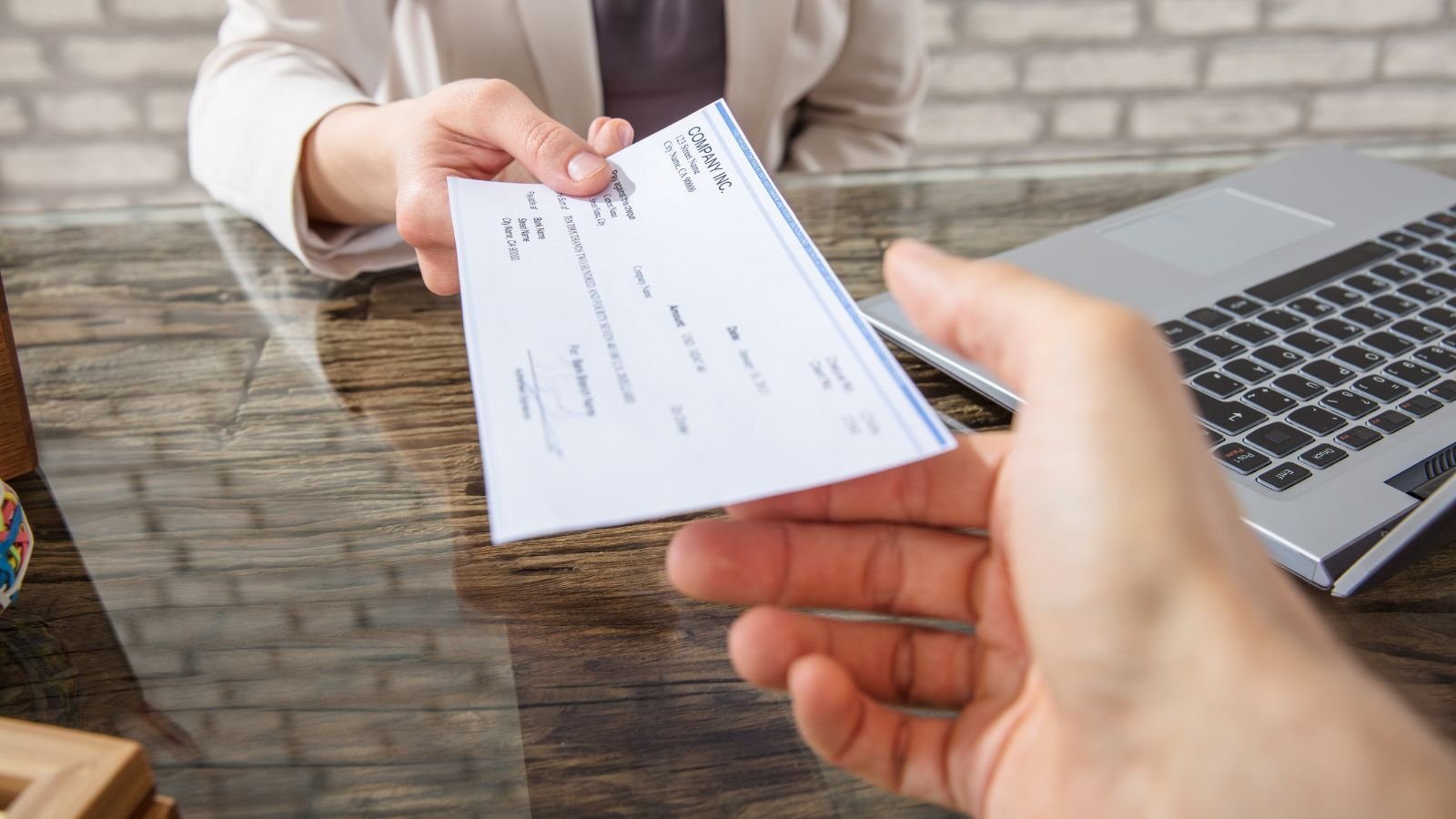
Loan overpayment checks are common in scams. They often involve requests to return excess funds. These checks may initially clear but later prove fraudulent, leading to numerous issues for the victim. This is a trick scammers employ to win people over and get access to sensitive bank details. It is important to verify any unexpected loan-related payments with the official lender.
Lottery or Prize Checks
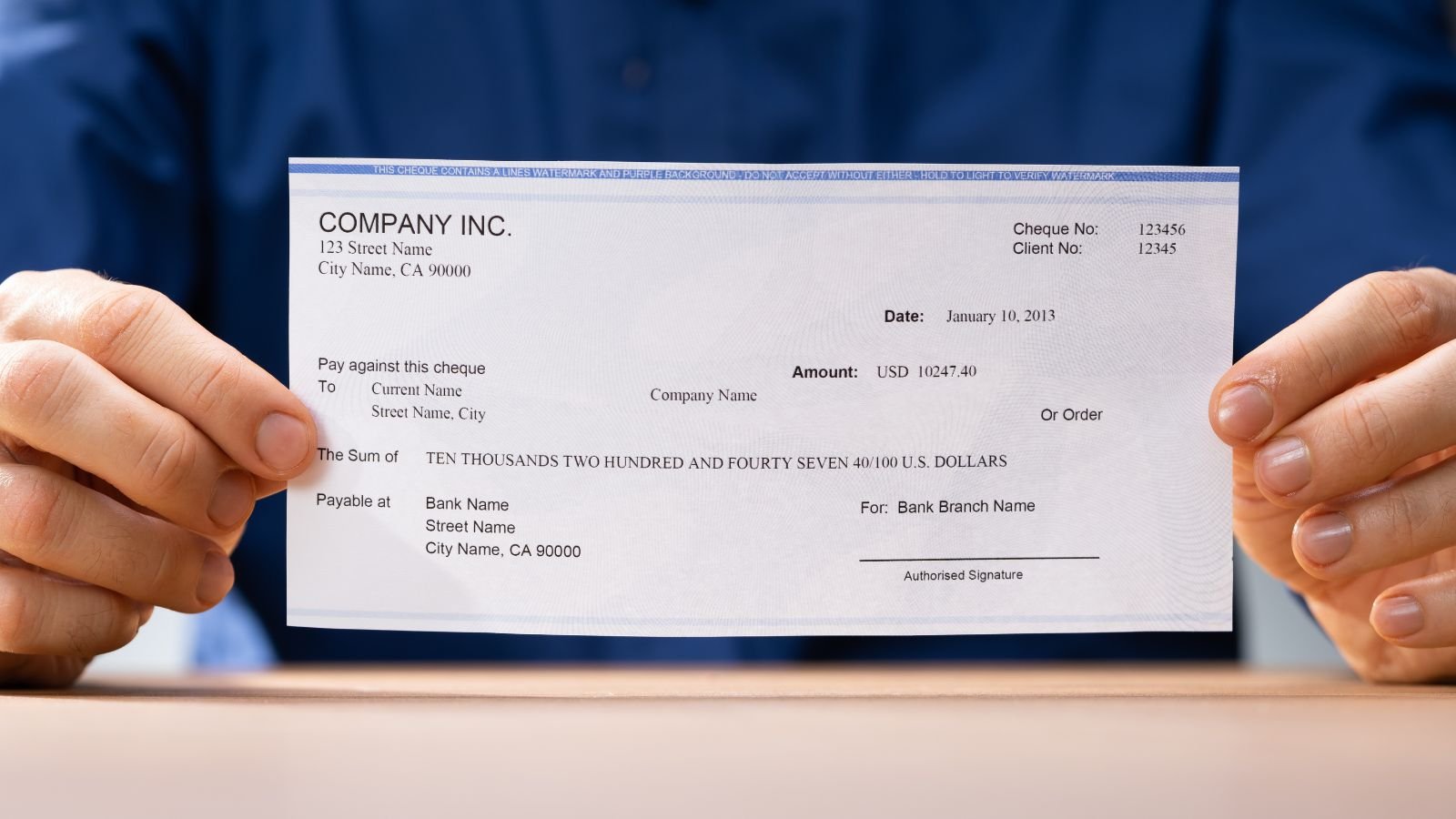
Unsolicited lottery or prize checks are typically scams. These have resulted in a loss of $330 million in the U.S. Legitimate winnings do not require upfront payments or fees. These checks often come with requests for personal information. They may be part of identity theft schemes. Cashing them can implicate the recipient in fraudulent activities. It is best to ignore or report unexpected prize notifications and associated checks.
Partial Payments Checks
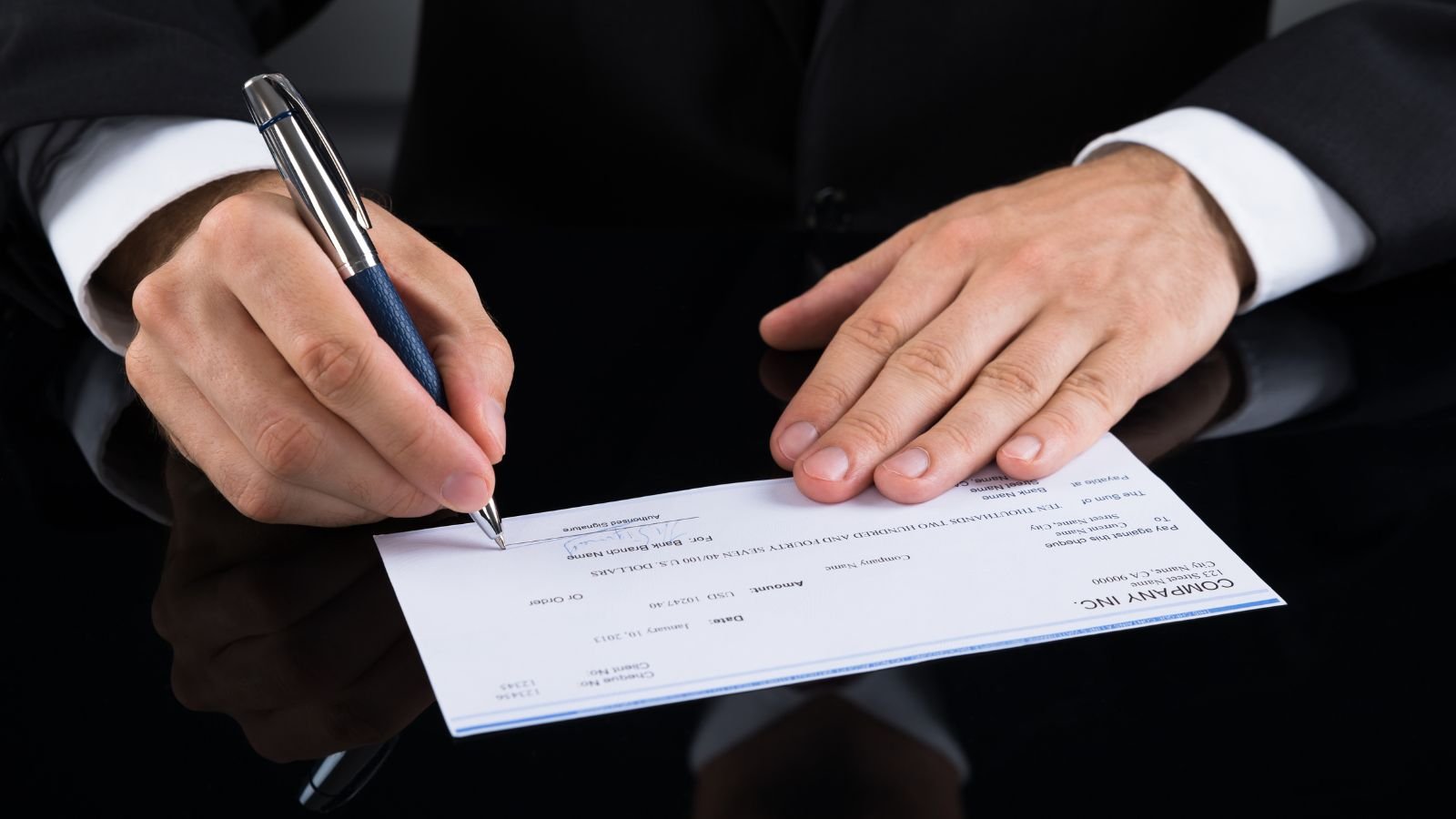
Cashing partial payment checks may imply acceptance of incomplete settlement. They often use real bank information but are usually fraudulent. Cashing these checks can lead to severe financial and legal consequences. Victims may be held responsible for repaying the funds. Sophisticated printing techniques make the detection of these checks difficult. Verify checks from unfamiliar sources with the issuing bank before cashing.
Checks with Errors
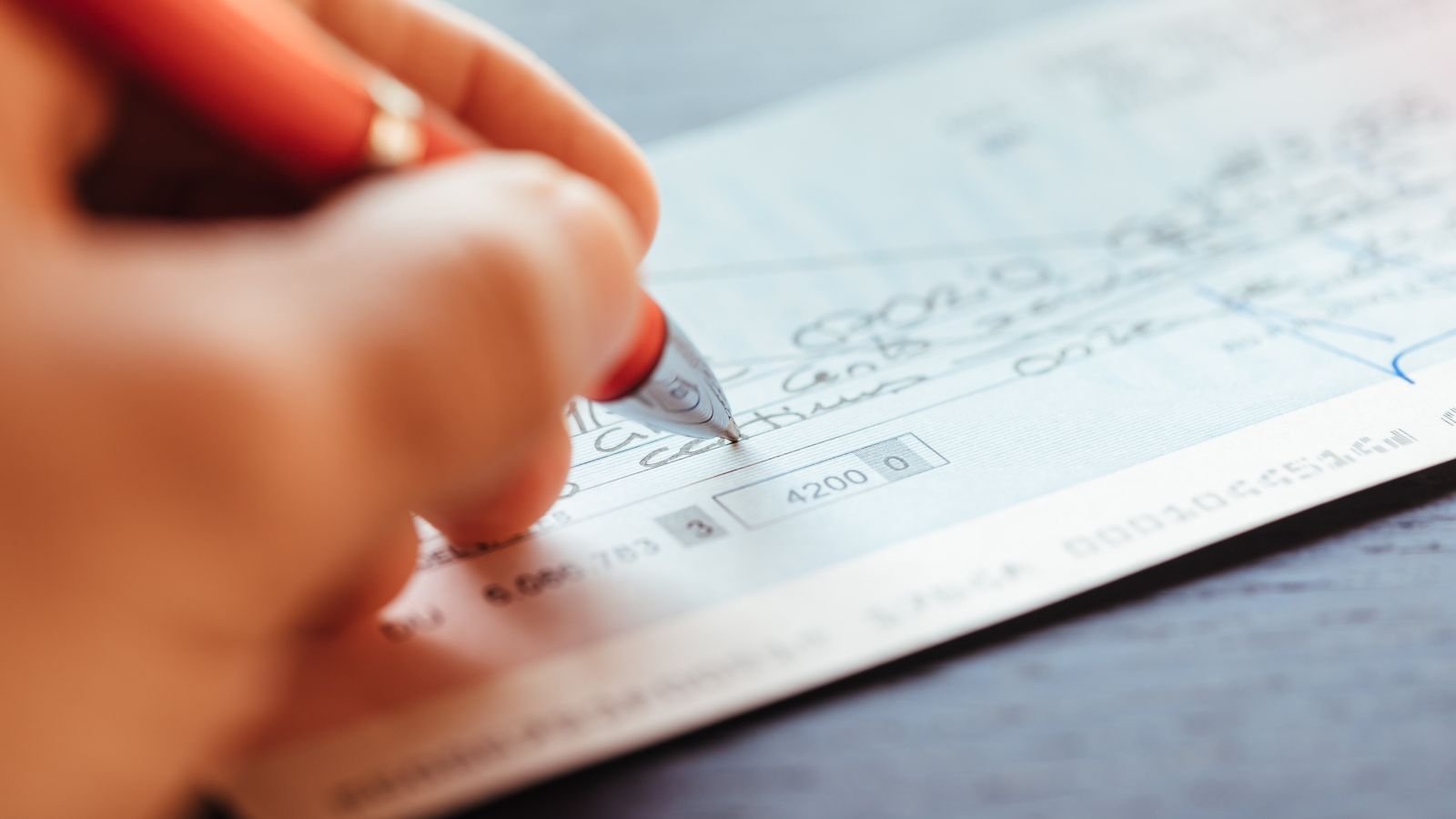
Checks with errors can be rejected by banks or cause processing issues. Discrepancies between written and numerical amounts create confusion. Misspelled names or incorrect dates may render checks invalid. Cashing checks full of errors can lead to account complications. These errors might indicate potential fraud or forgery as well. It is best to request a corrected check from the issuer to avoid any problems.
